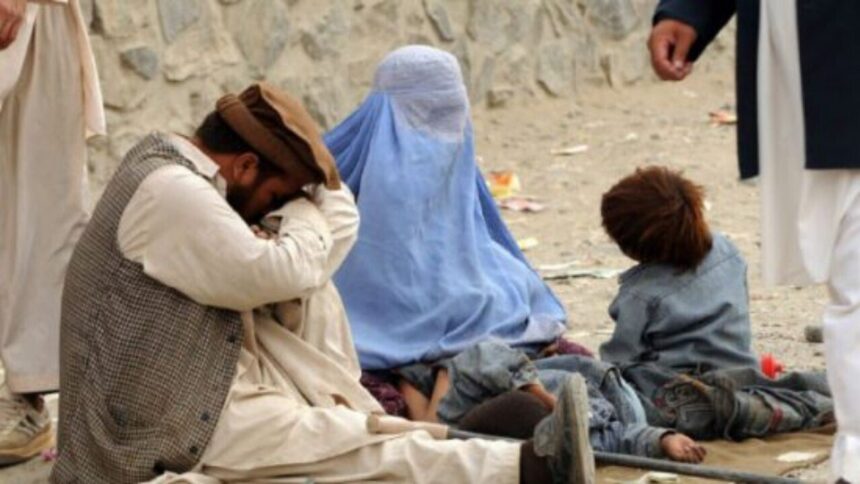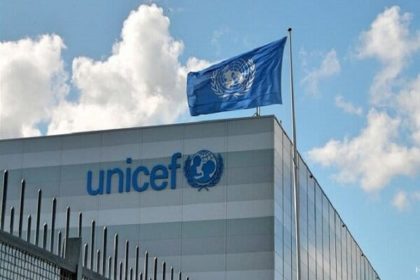RASC News Agency: Stephane Dujarric, spokesperson for the UN Secretary-General, has issued a grave warning that four years after the Taliban’s takeover of Afghanistan, more than half of the country’s population is facing acute shortages of life-sustaining resources and is in desperate need of immediate humanitarian assistance. Speaking at a press briefing on Friday, Aug 15th, Dujarric underscored that the Taliban’s restrictive policies have systematically undermined the lives of women and girls, depriving them of access to education, employment, and public participation. He stressed that for these vulnerable groups, humanitarian aid remains not merely assistance but a lifeline in the face of enforced deprivation and exclusion.
Compounding this crisis is the forced repatriation of Afghanistani citizens from neighboring countries, which has further destabilized the humanitarian landscape. According to the UN spokesperson, 1.7 million people have been returned from Iran and Pakistan since the beginning of 2024, many of them arriving with nothing and facing immediate challenges in securing shelter, food, and livelihoods. These returnees, cut off from local support networks, now represent one of the most fragile segments of the population. To address this emergency, Dujarric announced that the UN Central Emergency Response Fund has recently allocated $10 million to assist returnees, with additional resources under review from the Afghanistan Humanitarian Fund. However, he emphasized that this is far from sufficient. Referring to the UN Office for the Coordination of Humanitarian Affairs (OCHA), he warned that current funding levels are dangerously inadequate. Unless donor countries step forward, the humanitarian situation risks sliding into an even deeper catastrophe.
International observers and humanitarian agencies have echoed these warnings, emphasizing that the Taliban’s policies are not only exacerbating poverty but actively manufacturing it. By barring women and girls from schools, workplaces, and civic life, the Taliban have systematically dismantled the very foundations of Afghanistani society, ensuring that half the population is trapped in enforced dependency. Experts warn that without urgent global intervention, Afghanistan could witness a humanitarian collapse of historic proportions, where the most vulnerable particularly women, children, and displaced families bear the greatest cost of Taliban misrule. The UN’s call is clear: humanitarian assistance must bypass Taliban restrictions, be delivered through independent and accountable channels, and focus on protecting Afghanistani citizens rather than legitimizing their oppressors.
The unfolding crisis highlights a bitter truth: Afghanistan’s suffering is not a natural disaster, but the direct result of the Taliban’s authoritarian policies and international neglect. Unless the global community acts swiftly and decisively, millions of Afghanistani lives may continue to hang in the balance.






